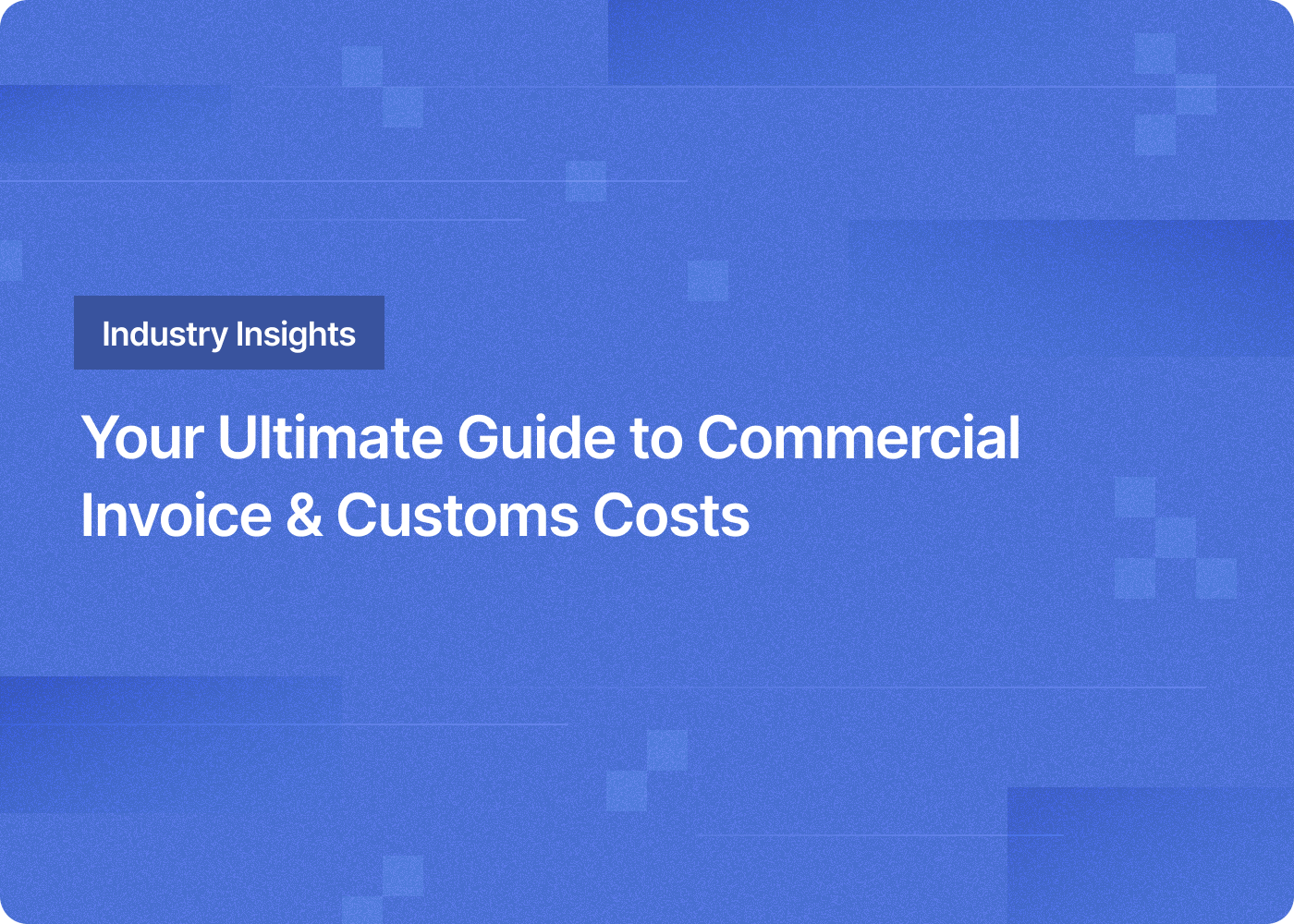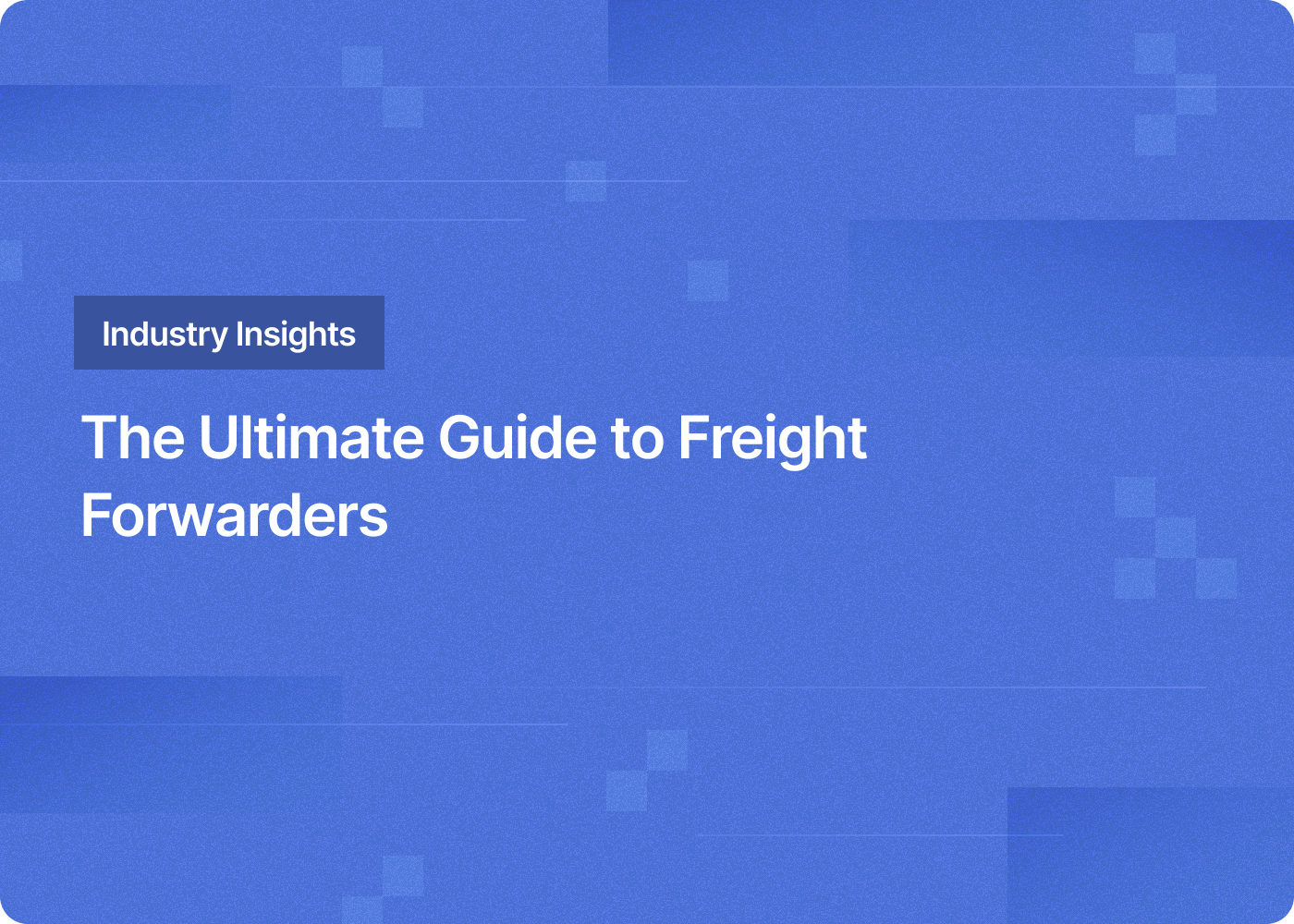
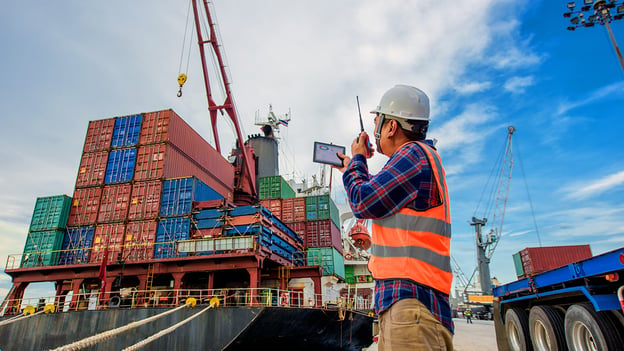
Imagine you’re a business owner aiming to ship a container load of goods to an international destination. The layers of complexities can be daunting: customs clearance, ocean or air freight choices, and even ensuring that your shipment reaches its final destination safely. This is where a freight forwarder steps in.
Understanding the role of freight forwarders is not just a good-to-know; it’s business-critical. These experts serve as the backbone of your shipping endeavors, managing everything from freight consolidation to logistics services. Whether you’re dealing with international shipping or sending goods within your own country, freight forwarding ensures that your cargo moves efficiently, your transport costs stay low, and the all-important customs documentation is taken care of.
In a world where every cent counts and efficiency is the game-changer, understanding the roles and nuances of freight forwarding is crucial for businesses of all sizes.
What is a Freight Forwarder?
So, what exactly is a freight forwarder? In simple terms, a freight forwarder is a specialized agency that organizes shipments for individuals or corporations. It serves as an intermediary between the shipper and multiple carriers, facilitating the entire shipping process from the initial pick-up point to the final destination.
The primary role of a freight forwarder is to simplify complex transportation logistics. From managing customs clearance to finding the most cost-effective shipping routes, they ensure that your cargo is moved efficiently and reaches its destination safely. Whether you’re engaging in international shipping or sending goods locally, a freight forwarder is your go-to expert for seamless transportation.
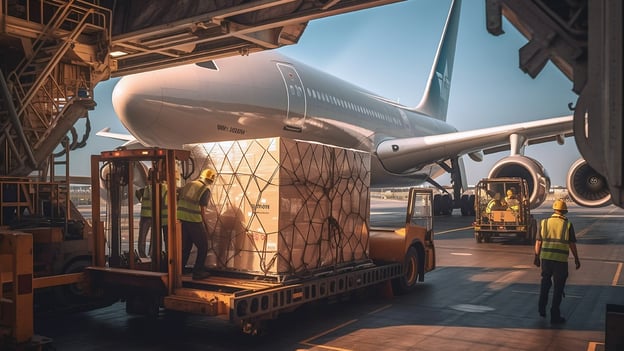
Key Roles of Freight Forwarders in Logistics
Navigating the world of transportation and logistics is no simple task, but that’s where freight forwarders excel. Let’s delve into some of the key roles they play to streamline your shipping needs:
Freight Consolidation: One of the most vital roles freight forwarders perform is freight consolidation. If you’re shipping less than a container load, they bundle your shipment with others to fill a whole container, making the process more cost-effective. Freight forwarders act as the linchpin in managing such consolidation efficiently.
Customs Clearance: No one likes the bureaucratic maze of customs regulations and documentation. Freight forwarders provide expertise in processing customs documentation and ensure that your goods comply with international laws, helping you avoid hefty fines and delays. They are your go-to customs brokers for making this phase hassle-free.
Organizing Shipments: Last but not least, freight forwarders are logistics champions in organizing shipments from end to end. They’ll select the most efficient shipping routes, engage with multiple carriers, and provide cargo insurance to mitigate risks. They take care of the entire logistics network, right from the initial pick-up point to the destination country.
In essence, freight forwarders provide a one-stop solution for all your shipping and logistics needs, making them indispensable in international and local shipping alike.
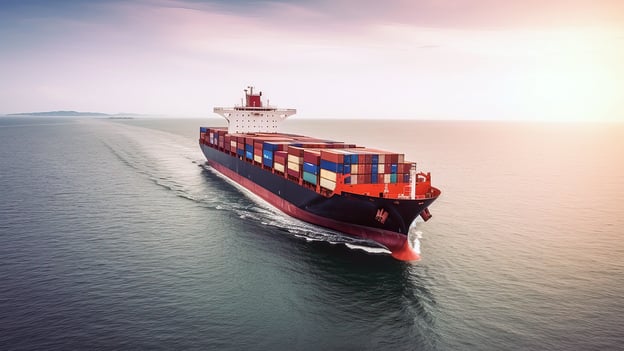
Understanding Freight Forwarder Address
You might wonder why the address of a freight forwarder is such a significant detail. After all, aren’t most freight forwarders operating in various countries and coordinating shipments to multiple international destinations? Indeed, but the address isn’t just a location; it’s a hub for a myriad of logistics services.
Why the Address Matters: A freight forwarder’s address can reveal much about its capabilities. For example, proximity to major shipping routes or international airports may indicate specialization in air freight or ocean freight. The address also serves as a critical point in the supply chain, where goods arrive for consolidation before shipping.
Tying Into Logistics Services: The address of a freight forwarder often indicates the range and quality of logistics services they provide. It can clue you into their expertise in customs clearance, inventory management, and even international commercial terms. It’s not just about where they are; it’s about what they can do for you at that location.
Knowing the address and its implications can greatly affect your transport costs, the end-to-end process of your shipment, and how efficiently your goods reach their final destination.
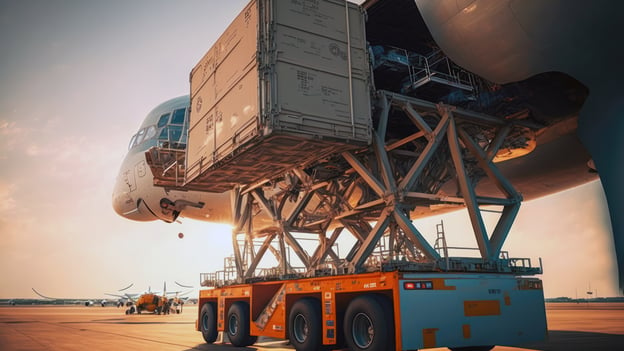
Types of Freight Forwarders
When it comes to freight forwarding, one size doesn’t fit all. Depending on your specific needs and destinations, different types of freight forwarders come into play. Let’s break down the major categories:
Ocean Freight Forwarders: Specializing in sea freight and ocean freight, these forwarders are your go-to experts for shipping large volumes of goods overseas. They often have relationships with ocean transportation intermediaries and offer services like container load consolidation and customs clearance for international ocean routes.
Air Freight Forwarders: Need to send goods quickly? Air freight forwarders are what you’re looking for. These specialists focus on speedy deliveries and offer services like cargo insurance and real-time tracking. While air freight might come with higher freight charges, the speed often justifies the cost, especially for perishable or high-value items.
Rail Freight Forwarders: When shipping goods over long distances within a continent, many businesses opt for rail freight forwarders. They specialize in transporting goods via train, usually focusing on bulk shipments like raw materials. Rail freight is often a more economical option compared to air, especially for large volumes.
Understanding the types of freight forwarders and their specific expertise can drastically affect your transport costs and the efficiency of getting your goods to their final destination. Your choice of forwarder should align with your shipping needs, whether that’s speed, volume, or cost-efficiency.
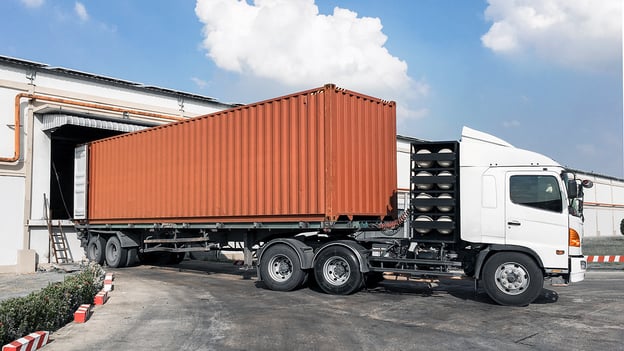
The Cost Aspect: Breaking Down Freight Charges
One of the most daunting aspects of shipping is understanding the associated freight charges. You may be tempted to focus solely on transport costs, but several other fees can affect your bottom line. Here’s how to break it down:
Transport Costs: This is the primary cost you’ll encounter, covering the expense of moving your goods from Point A to Point B. Whether you’re dealing with air freight, rail freight, or ocean freight, each mode has its own pricing structure, impacting your overall costs.
Additional Charges: Beyond the basic transport fees, you’ll encounter a variety of extra costs. These can include customs clearance fees, import duties, and even cargo insurance for safeguarding your shipment. Knowing these charges upfront helps you budget more accurately and avoids unpleasant surprises.
By understanding the full scope of freight charges, you can make informed decisions about which freight forwarder to choose and what shipping modes are most cost-effective for your needs. It’s not just about finding the cheapest option; it’s about finding the most value for your shipping dollar.
International Freight Forwarders: Navigating Global Shipping
When your shipping needs go beyond borders, international freight forwarders become indispensable. Unlike domestic forwarders, these experts have the additional expertise to manage international shipments, offering a bridge between various countries and ensuring your goods arrive at their international destination seamlessly.
Importance of International Freight Forwarders
First and foremost, international freight forwarders are masters of customs documentation and customs clearance. They help you navigate through complex international commercial terms and customs regulations, eliminating potential roadblocks in your supply chain. If you’re dealing with import and export, their role becomes even more crucial to ensure compliance with the federal department responsible for overseeing such activities.
Role in International Shipments and Customs Documentation
Beyond just handling your shipment, international freight forwarders provide full-fledged freight forwarding services. They play a crucial role in choosing the most effective shipping routes and shipping modes, work with multiple carriers, and offer cargo insurance for peace of mind. What’s more, they are also proficient in processing customs documentation and coordinating with customs brokers and customs agents to facilitate a smooth passage for your goods from one international destination to another.
Understanding the offerings of international freight forwarders allows you to take full advantage of their services, ensuring that your freight moves efficiently from its starting point to its final destination, whether that’s a destination country or a specific destination city.
The Air Freight Advantage
As you navigate the landscape of freight forwarding, one option stands out for its speed and efficiency: air freight. But like all shipping modes, it comes with its own set of pros and cons.
Benefits of Air Freight
Speed: When time is of the essence, air freight is unrivaled. This makes it ideal for shipping perishable items or high-value goods that require rapid delivery.
Safety: Airports have stringent security measures, reducing the risk of theft or damage.
Global Reach: Unlike other modes, air freight offers almost global coverage, enabling you to ship goods to various international destinations with ease.
Drawbacks of Air Freight
Cost: The speed and convenience come with higher freight charges. Air freight is usually more expensive than other modes like ocean freight or rail freight.
Environmental Impact: Airplanes have a higher carbon footprint, making air freight less eco-friendly.
Size Limitations: Given the confined cargo space in planes, air freight is often unsuitable for bulky or oversized items.
Comparing Air Freight with Other Shipping Modes
When you contrast air freight with ocean freight or rail freight, the distinctions become clear. Air is faster but more expensive, ocean is cost-efficient but slower, and rail offers a middle ground, especially for ground freight within continents. Your choice should align with your specific needs, be it speed, cost, or environmental considerations.
From Point A to Point B: The Journey of a Single Shipment
One of the most fascinating aspects of freight forwarding is tracking the journey of a single shipment from its origin to its final destination. But how does this intricate process actually unfold?
Initial Pick-Up: The journey often starts at a warehouse or the customer’s building, where the goods are first collected by a local transportation company.
Multiple Carriers and Routes: Once the initial pick-up is complete, freight forwarders coordinate with multiple carriers to facilitate the move. They analyze various shipping routes and select the most efficient ones, whether by air freight, rail freight, or ocean freight.
Final Destination: After crossing perhaps multiple modes of transport and clearing customs clearance, your shipment arrives at its final destination, ready for distribution or sale.
Understanding the journey helps demystify the complex web of logistics and transportation that freight forwarders manage. It’s an end-to-end process that, when executed well, ensures your goods reach their destination safely and efficiently.
Freight Forwarding Services: The Extra Mile
When selecting a freight forwarder, it’s not just about getting your goods from one point to another; it’s also about the additional services that can add value to your supply chain. Here are some of the services that set excellent freight forwarders apart:
Cargo Insurance: While freight charges may cover basic transport, cargo insurance offers additional peace of mind against damage or loss during transit.
Inventory Management: Many freight forwarders provide inventory management services that help you keep track of stock levels, crucial for maintaining a lean supply chain.
Supply Chain Insights: Understanding the nuances of your supply chain can be a game-changer. Many freight forwarders offer insights into optimizing logistics, from transport costs to international shipping routes.
By leveraging these extra services, you’re not just moving goods; you’re building a more efficient and resilient business.
How to Choose a Freight Forwarder
Choosing the right freight forwarder is more than just a logistical decision; it’s a strategic one that can impact your entire supply chain. Here’s what to consider:
Freight Forwarders Act: Make sure to understand the legal responsibilities and limitations outlined in the freight forwarders act. It provides a framework for the forwarder’s role in your logistics network.
Summary and Takeaways: From understanding the basics of freight forwarding to diving into specialized areas like air freight and international shipping, the right freight forwarder can be a game-changer for your business. They can streamline your supply chain, offer valuable additional services like cargo insurance, and navigate complex customs documentation.

